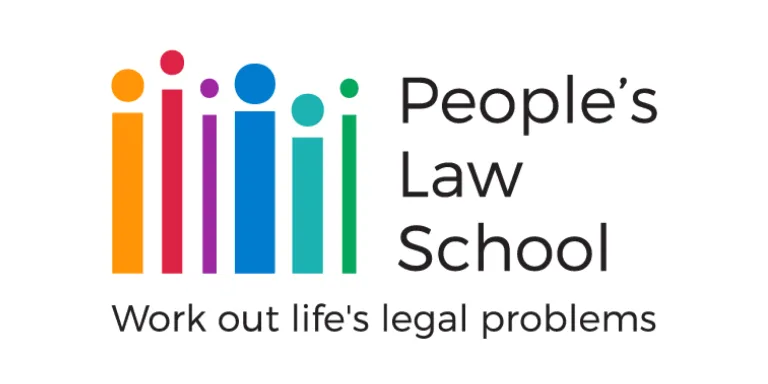Disputing a credit card bill

You’re looking over your monthly credit card statement and you notice a mistake or an unauthorized charge. Learn your rights and what to do to dispute a credit card bill.
What you should know
Your credit card issuer sends you a monthly statement of account — they have to by law. The statement (or bill, as it’s called) must include certain information.
The bill must include a description of each charge and transaction during the billing period. Importantly, it must explain how you can correct billing errors. There’ll typically be a number to call if you have issues.
Check the credit card bill closely for the time window for you to dispute a charge. Typically, card issuers require you to let them know of any mistakes within 30 days of the end of the period the bill covers.
You can dispute various errors that may show up on your credit card bill:
An unauthorized transaction. When someone who isn’t supposed to have access to your credit card makes a charge to your account.
An incorrect charge. When you’re charged the wrong amount.
An overcharge. When you’re charged an amount more than you agreed to.
A double charge. When you’re charged twice.
A missing or inaccurate refund. When you don’t get a refund, or get one for the wrong amount.
Work out the problem
Here are the steps to dispute a charge on your credit card bill.
Step 1. Confirm the charge isn’t valid
Step 2. Contact the business
Step 3. Contact the credit card issuer
Step 4. Pay your bill
Step 5. Contact an ombudsperson
Step 1. Confirm the charge isn't valid
Make sure it’s a real mistake. For example, you may not recognize a transaction because it was posted late; or maybe the business uses more than one name. Check your files. Does the charge match your credit card receipts?
Step 2. Contact the business
The quickest way to get a charge off your credit card bill is to speak directly to someone at the business. Call and explain what’s happened. Give them any evidence you have (such as a receipt number). They’ll often be able to fix things on the spot and refund your money.
Create a paper trail — or an electronic trail — of the dispute. Keep a record of everything that happened. Save copies of all emails and letters.
Step 3. Contact the credit card issuer
If you can’t solve the problem with the business — or if you suspect fraud or identity theft — contact the credit card issuer right away. The clock is ticking. There’s often a short time window to bring a dispute. (Your monthly statement will tell you if that’s the case.)
Many financial institutions have dedicated phone lines just for credit card issues. Do your homework before you call. Have all your details ready, including the date and description of the charge.
Step 4. Pay your bill
It may take your credit card issuer a few weeks to investigate. In the meantime, keep paying your credit card bill. Otherwise, you may be charged interest on the balance. You should get a refund if your dispute is successful.
Step 5. Contact an ombudsperson
You may be wondering, ombudsperson, what’s that? It’s a person who resolves complaints from the public. If you’re still having problems, and your credit card was issued by a bank, a further option is the bank ombudsperson. This is a bank employee who helps customers resolve their disputes with the bank.
Check your credit card issuer’s ombudsperson policy. The Canadian Bankers Association provides a contact list for the ombudsperson offices for most Canadian banks. Visit their website.
If you’re looking to go further, we have more detail on the steps to dispute a credit card bill. See our in-depth coverage of this topic.
Who can help
Depending on the nature of the problem, you might try this agency.

Better Business Bureau (BBB)
Receives complaints about local businesses that are members.
If a large dollar amount is involved, getting legal advice can help you decide what to do next.

BC Legal Referral Service
Helps you connect with a lawyer, notary or paralegal for a free 15- to 30-minute consult to see if you want to hire them.

Access Pro Bono's Legal Advice Clinics
Volunteer lawyers provide 30 minutes of free legal advice to people with low or modest income.
This information from People’s Law School explains in a general way the law that applies in British Columbia, Canada. The information is not intended as legal advice. See our disclaimer.
Related
On Dial-A-Law
Dial-A-Law has more information on Credit cards in the section on Money & debt.

